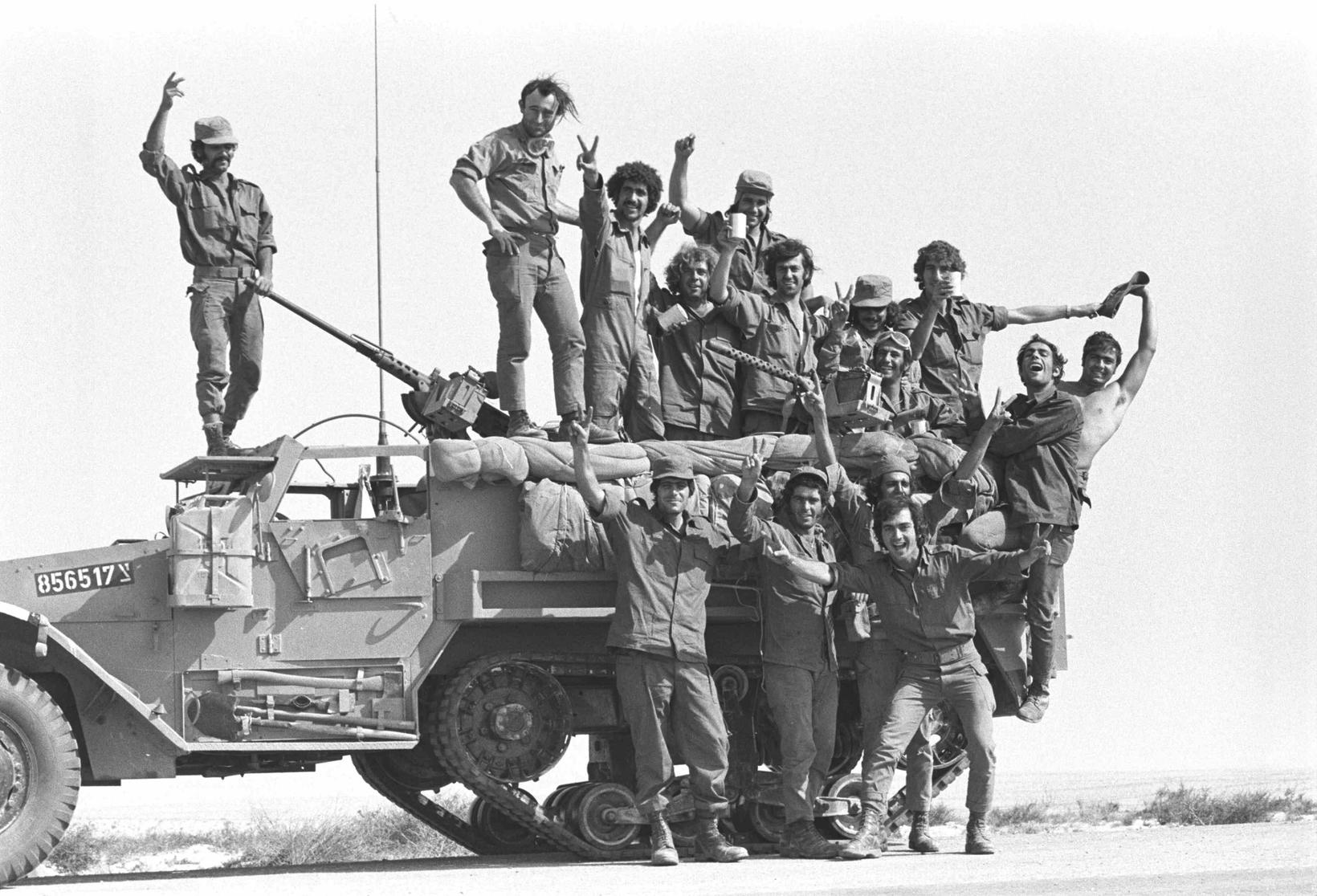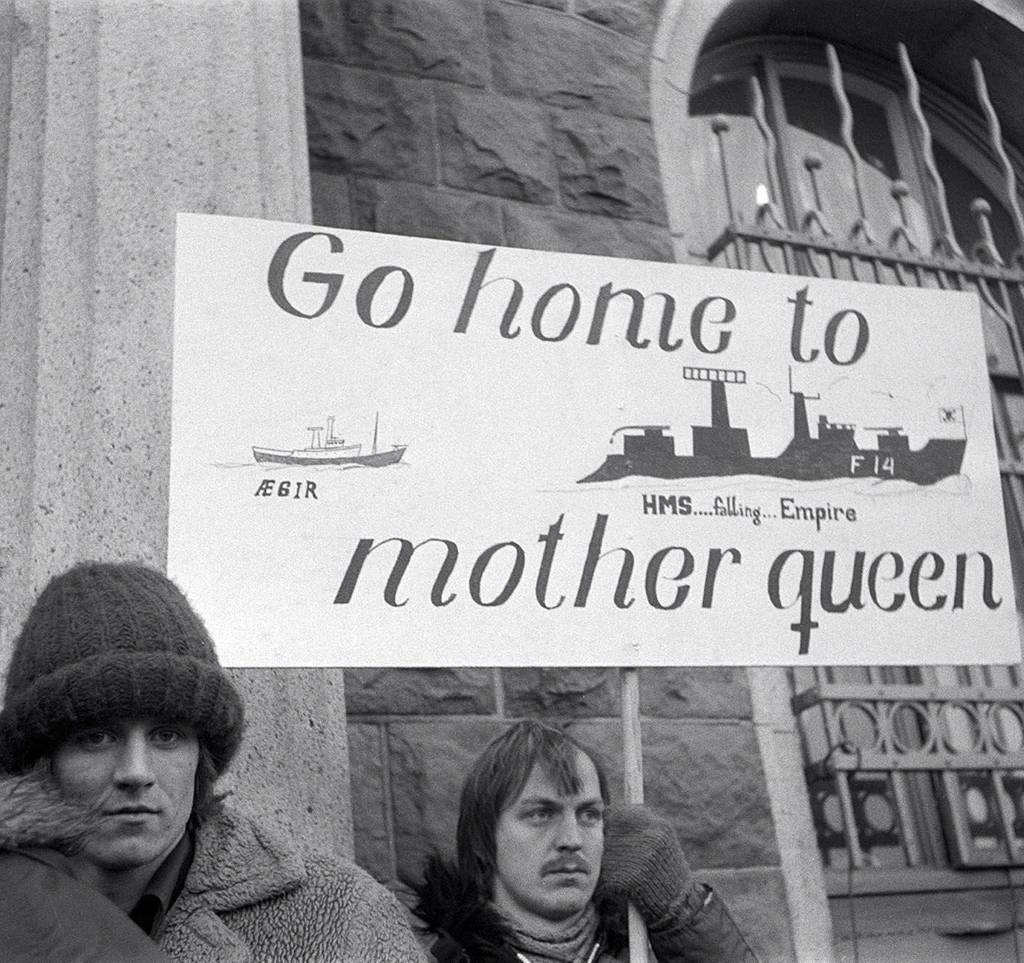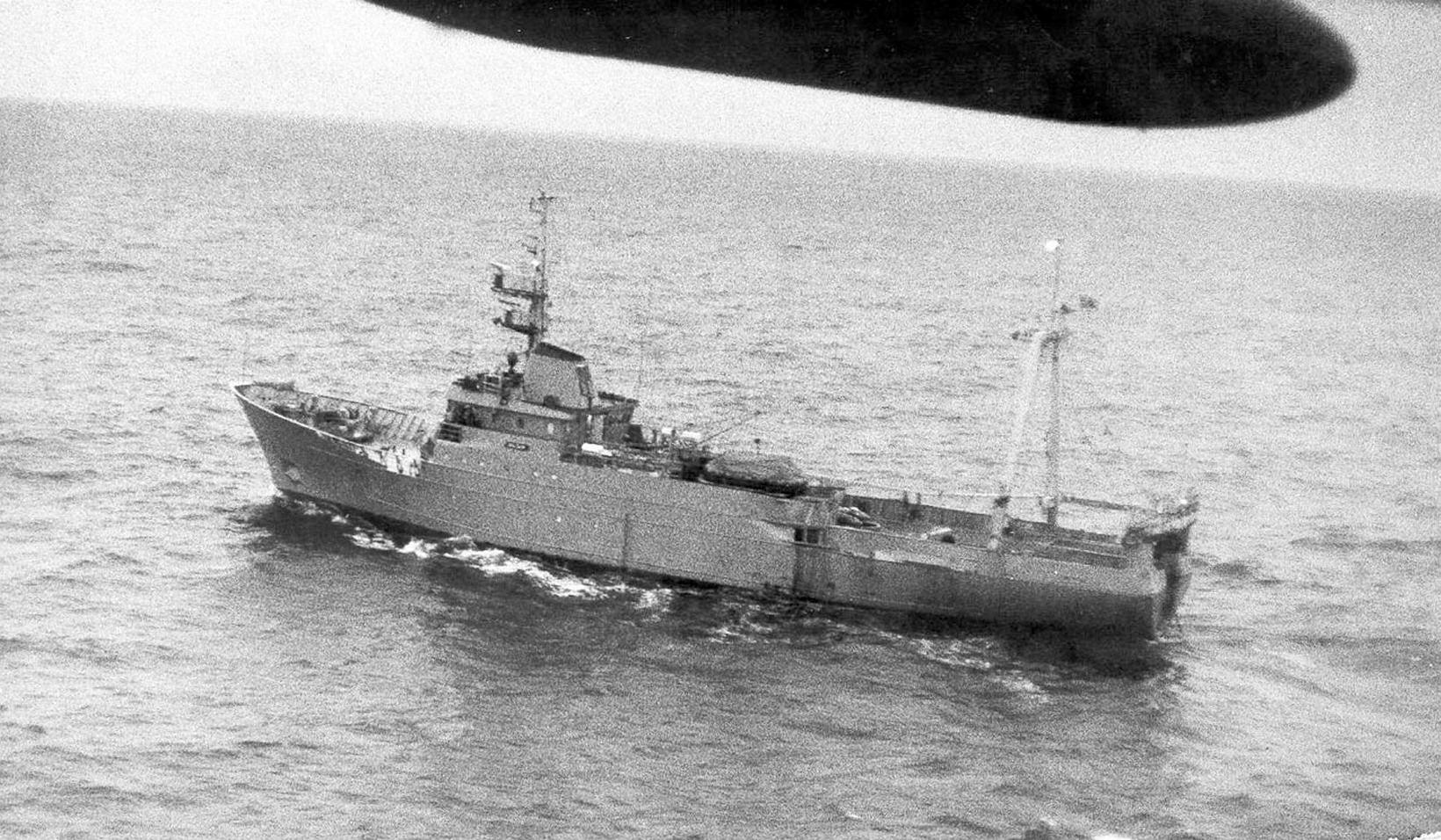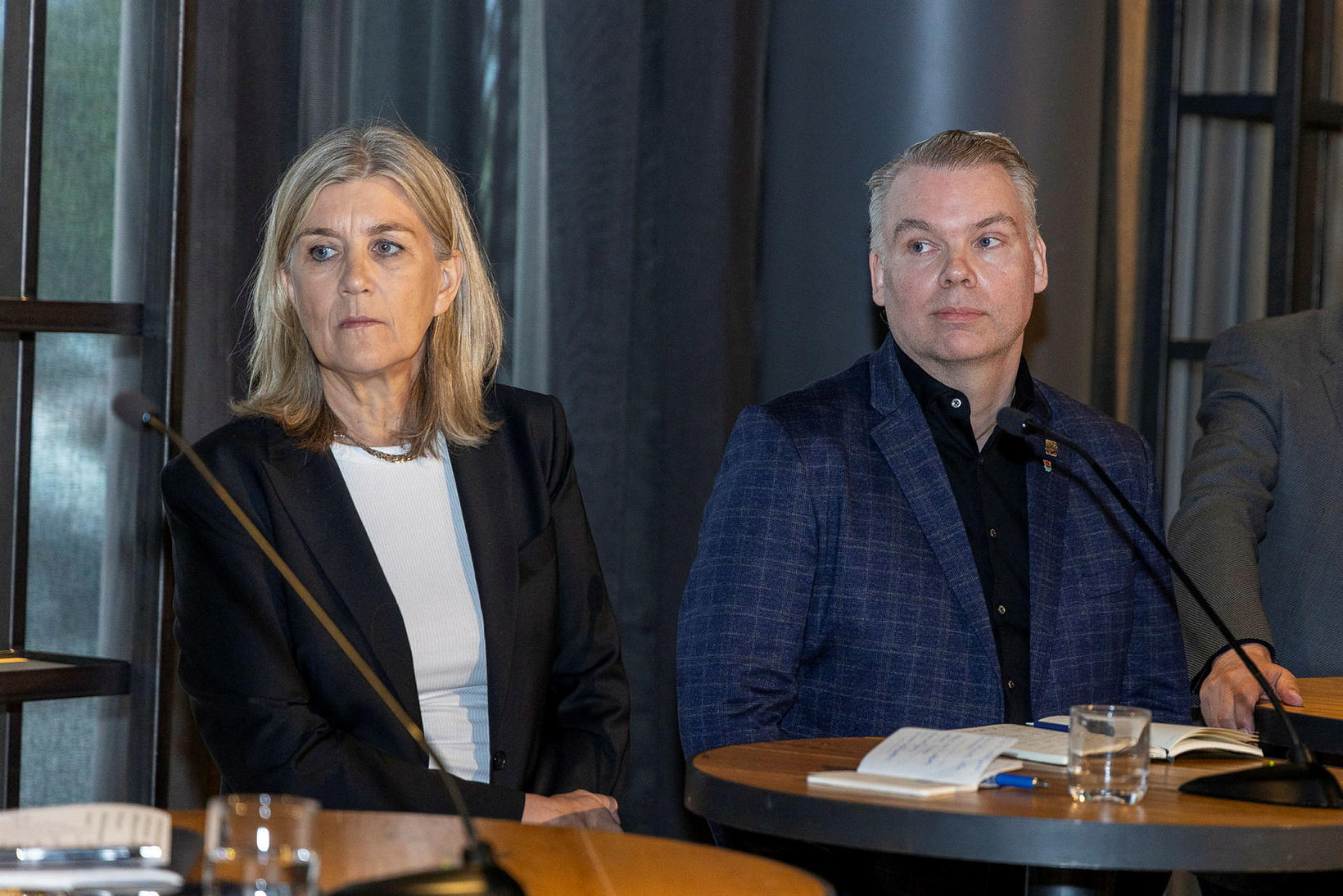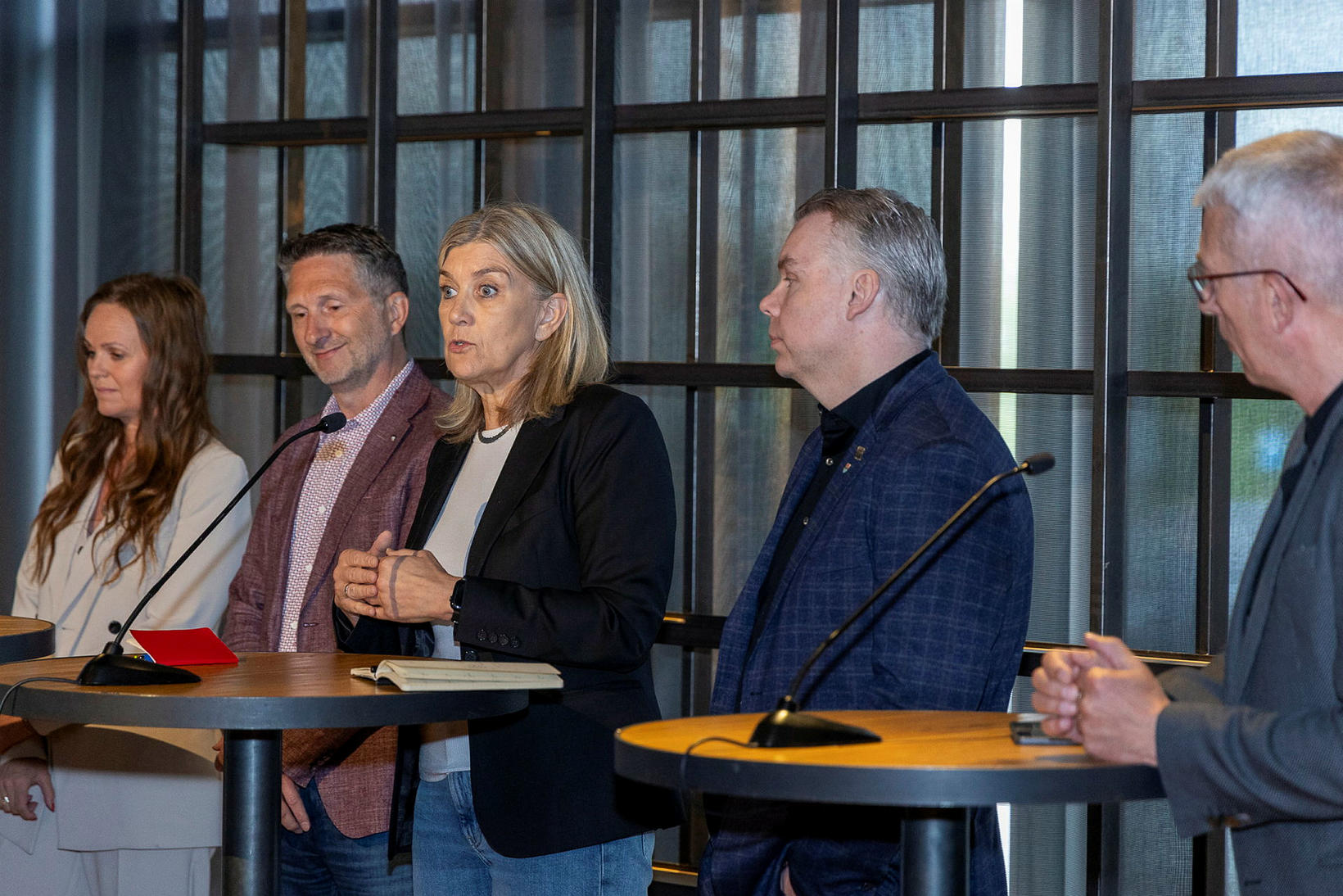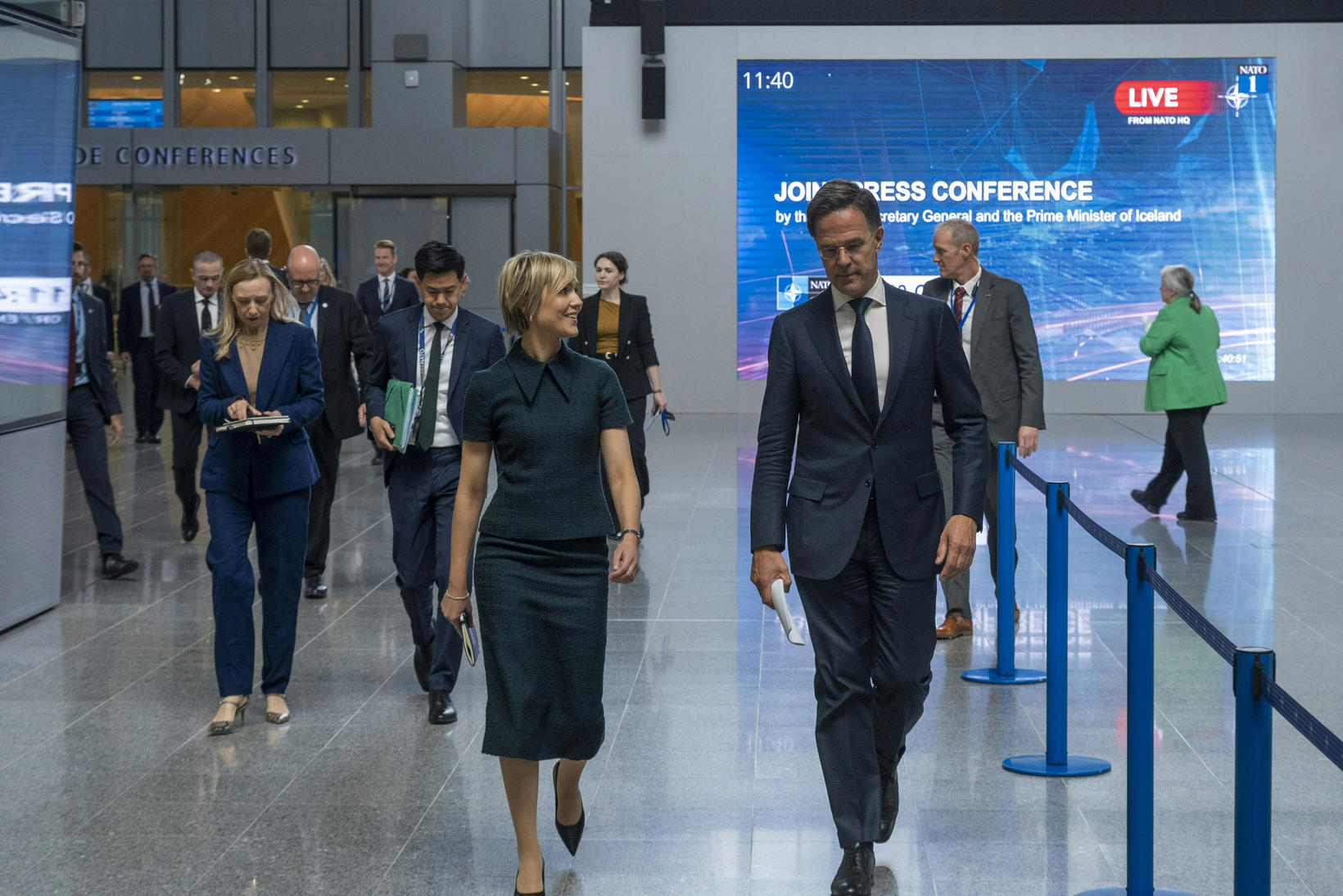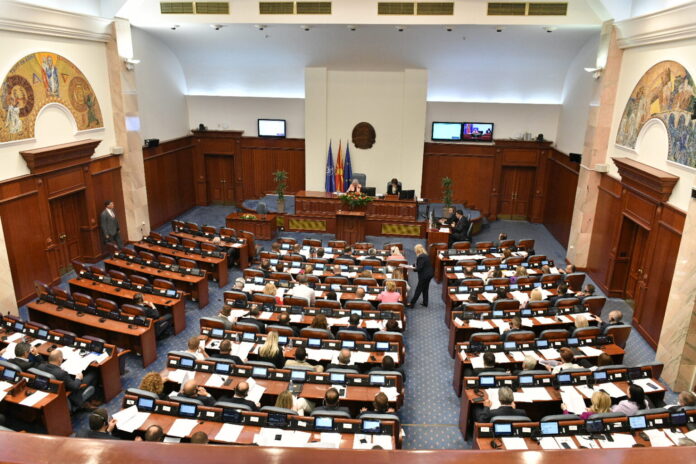Half a century from implementation to 200 miles
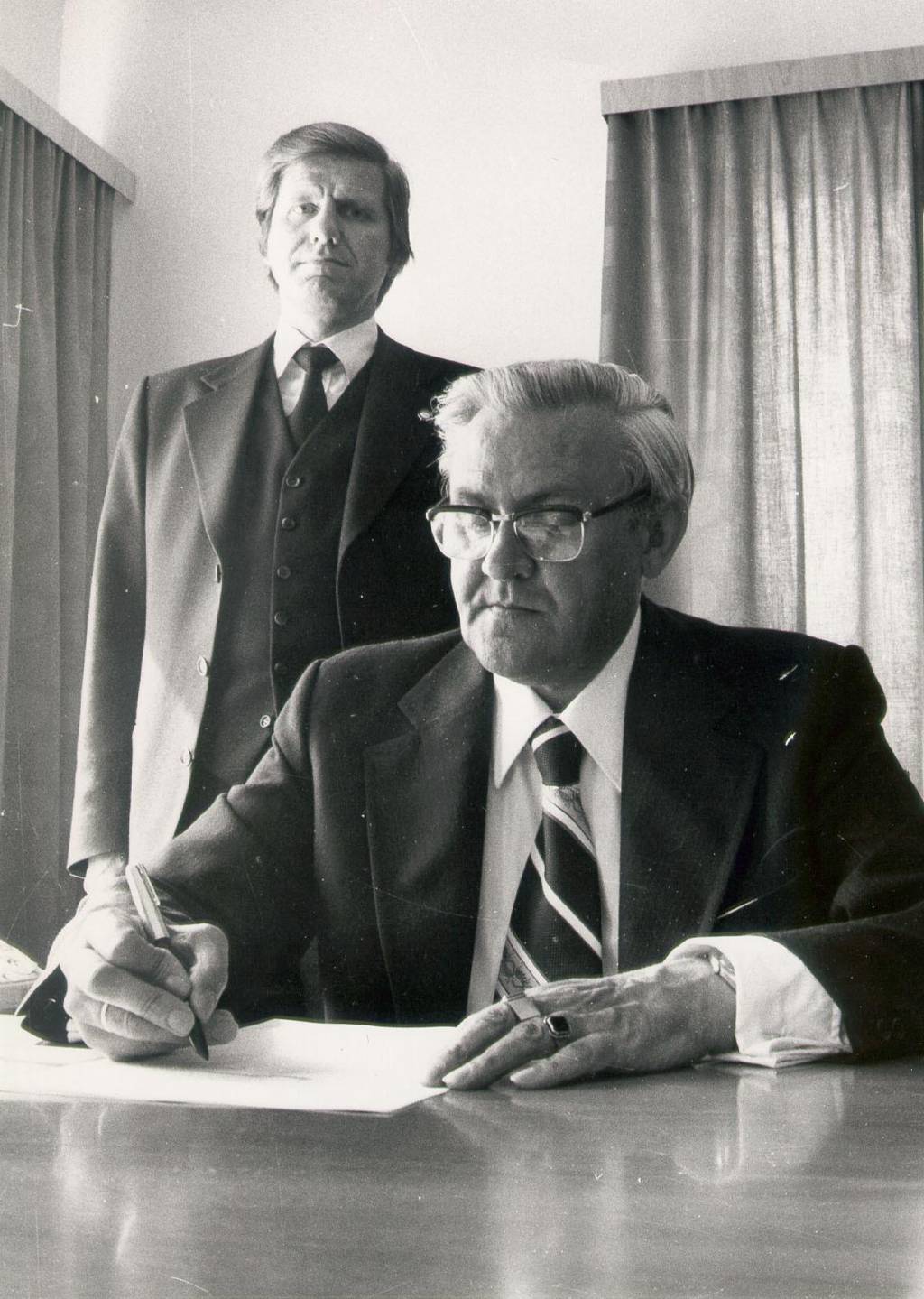
« It is my opinion that we Icelanders have to extend the fishing limits into 200 nautical miles with the main thing in mind to utilize the coast in all respects for ourselves.
The Minister of Fisheries Matthías Bjarnason signs the implementation of the coast in 200 nautical miles. Jón L. Arnalds Deputy Director looks at.
Photo/Brynjólfur Helgason
In his words, Matthias referred to the so -called « black report » from the Marine Research Institute, which warned of the consequences of the overfishing that had been practiced in the tickets around Iceland. Most Icelanders wanted to say that in light of this, fishing had to be taken for foreign vessels, but in Icelandic waters you could see, among other things, a large number of Norwegian, Belgian, Faroese and West German trawlers.
« » All the nations that are interested in fishing with Iceland have long since received a announcement that the government plans to extend the fishing zone into 200 nautical miles in the current year. Morgunbladid signed a regulation that brought Iceland’s fishing zone from 50 nautical miles to 200 nautical miles from land. However, the regulation did not take effect until November 14 of that year.
Unsuitable for British
The years until now had been an oil crisis in the world that was caused by a ban on the Arab Oil Producers (OPEC) on the United States and Western European states that had supported Israel in the Jom Kippur War 1973.
That war began when Egypt and Syria without notice attacked Israel while the Jews celebrated on the sacred day of Judaism, Jom Kippur. Egyptians and Syrians, who were then in the Soviet Union, also received support and manpower from Cuba and North Korea as well as Arab states Algeria, Jordan, Libya, Iraq, Kuwait, Tunisia, Morocco and Saudi Arabia.
Despite the unmistakable superiority of manpower and equipment, the Arabs failed to refute Israel’s forces from the Sinai or of the Golan Heights that had been occupied following the 1967 war. Ended October 25, 1973, two weeks and five days after they broke out.
Here, no doubt, the detailed consequences of the Jom Kippur War could be traced, which included the beginning of peace talks between Israelis and the Palestinians, but that is a different story than is discussed here.
What matters, however, is that the OPEC ban lasted until 1974 and had a lasting impact on crude oil prices and thus a profound effect on numerous world economies. One of these consequences was a deep crisis in the West, including in the United Kingdom, where 3.9% of negative economic growth was in the period 1973 to 1975. At the same time, there was a complete chaos in the British economy due to a long -standing strike, and the Prime Minister Edward Heath had to make an election to the Prime Minister
It was therefore a great deal at stake for the British when Icelanders intended to limit the revenue of the British fishing fleet, as it was the livelihood of numerous British marine areas.
Tough disputes
When the new jurisdiction came into force in November 1975, the ships of Týr and Thor immediately began cutting tows on two British trawlers in Icelandic waters.
However, the West Germans agreed with Icelanders shortly after the implementation of the jurisdiction for 200 miles and the British actually remained alone in the dispute. It was remarkable that the British wanted to negotiate at least because they had themselves brought out their jurisdiction in the North Sea to ensure their right to use the oil that could be found there.
Send the British frightening to protect their trawlers from the towel clips of the Icelandic guard ships. The British did not use ammunition, but they sailed on the guard ships to get them away. A total of 54 were sailing during the period 6 December 1975 to May 22, 1976.
The dispute hardened significantly in 1976 and, in fact, the British gave their warships the authority to shoot in the Icelandic guard ships and Icelanders broke political contact with the United Kingdom. Never before and never after that has one NATO state broken political relationship with another and did not like other Allies on the glance.
So the Norwegian government took the initiative to disseminate issues between the two allies. On June 1, 1976, the agreements of the states managed to conclude between states, which meant that the British acknowledged the 200 -mile jurisdiction of Iceland. Instead, British fishing vessels were allowed to fish 30,000 tonnes over the next six months.
Guerrillas with a struggle
Iceland’s success in the three cod wars – 1958 to 1961, 1972 to 1973 and 1975 to 1976 – is remarkable for many reasons, not least since the match was a far larger state with a powerful navy. Kevin Bilms, Deputy Head of Pacific and India in the United States Department Proceedings which is published by an independent naval warfare, US Naval Institute.
In the article entitled « Cod Wars and Lesson Turders for Action Against Baptist Army to Sea », Bilms asks: « Can Small State Protect its Conducts against Nuclear Power? Can Small State have better conflict without the actual war? » The answer he gives is – as readers have no doubt realized – yes.
He believes important lessons for the superpowers are in the cod wars, and Bilms points especially in the Arctic and the South China Sea as a special area where similar conflicts can erupt.
Baldur’s ship was sailing in the third cod war. The ship participated in hard -fought conflicts and larger ships were dangerous.
Photo/Coast Guard
« By the use of Iceland’s success in the cod war as a guide in actions against the ocean, there shape the situation to an increasing extent and gain a long -term battle for international legitimacy, ”says Bilms’ article.
« When security experts look at the War of Russia and Ukraine and other conflict areas, one of them is in common, the importance of the will to combat and resist compulsion. Without the willingness to fight, measures against guerrillas on the ocean are meaningless. These aspects of Iceland’s campaign were indispensable for victory against bigger enemies in the cod wars, and they provide small states that are facing disputes with larger states of important insights that are now being used and in the future. «

